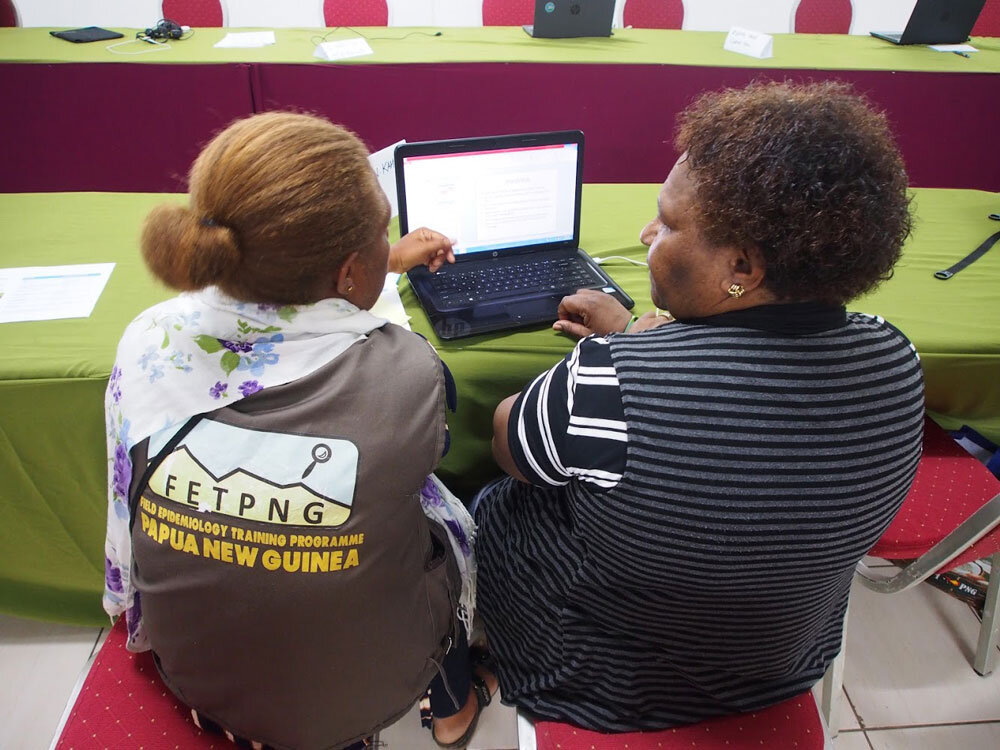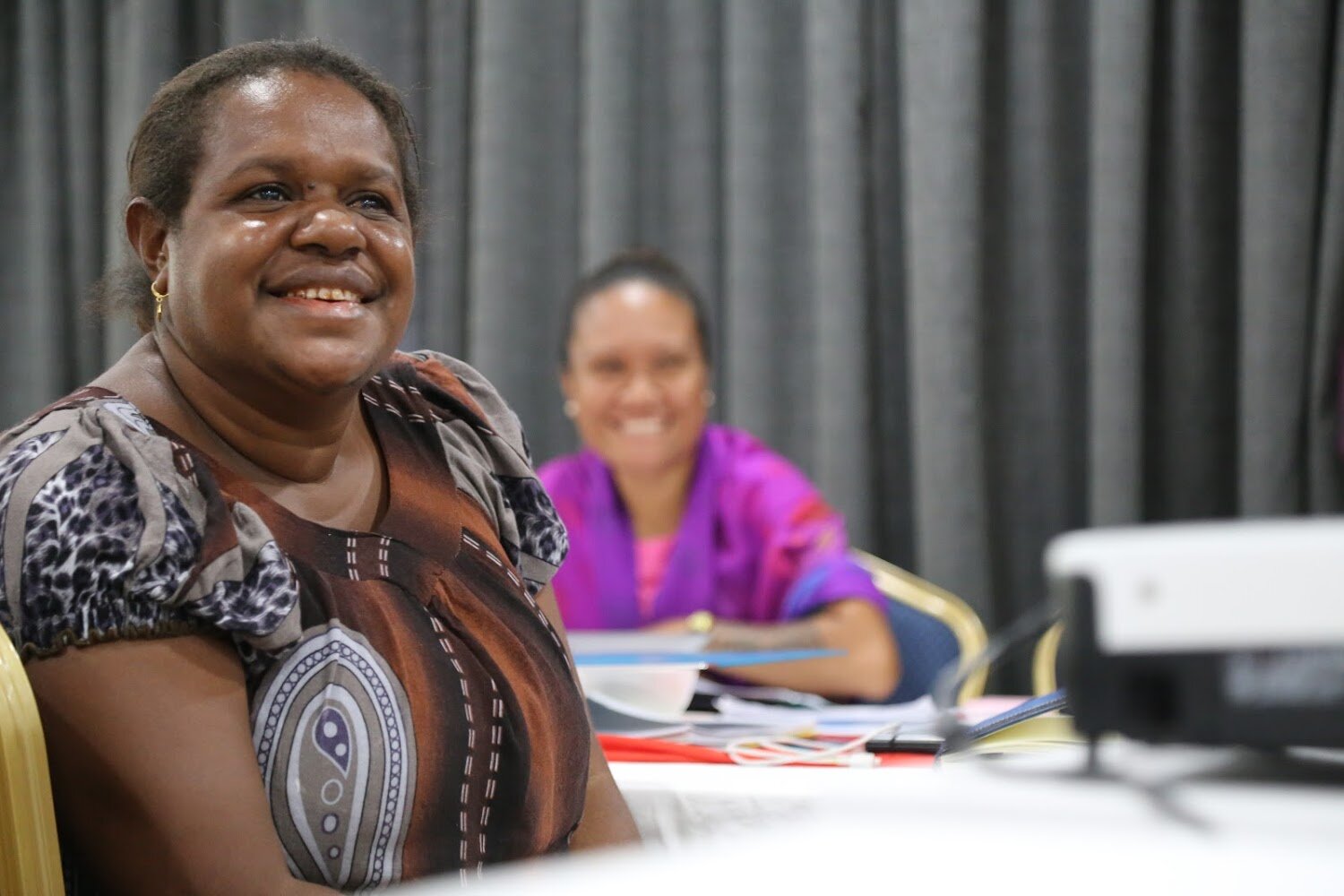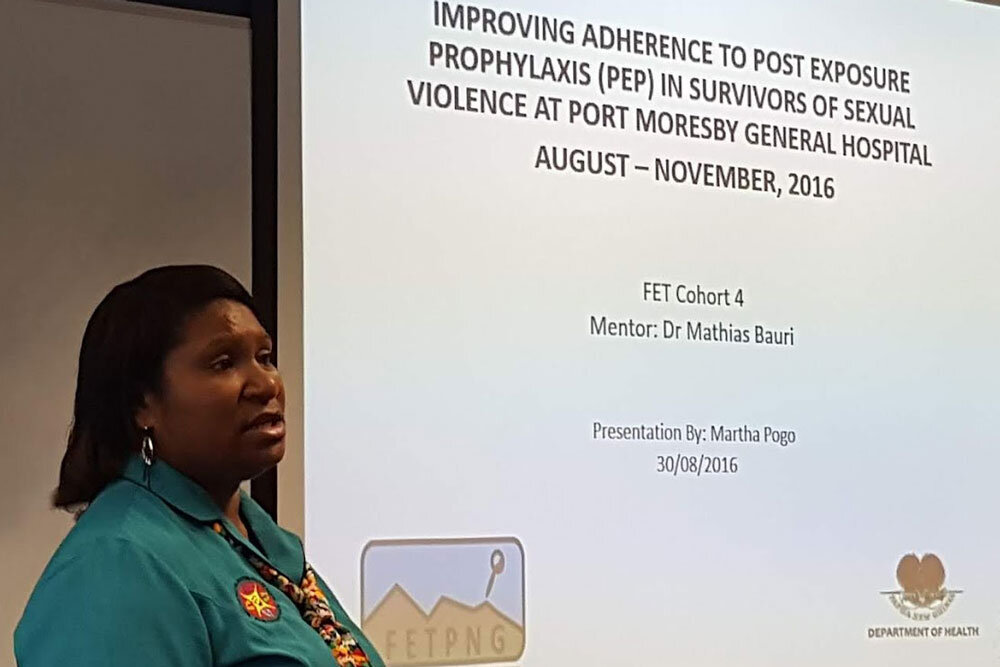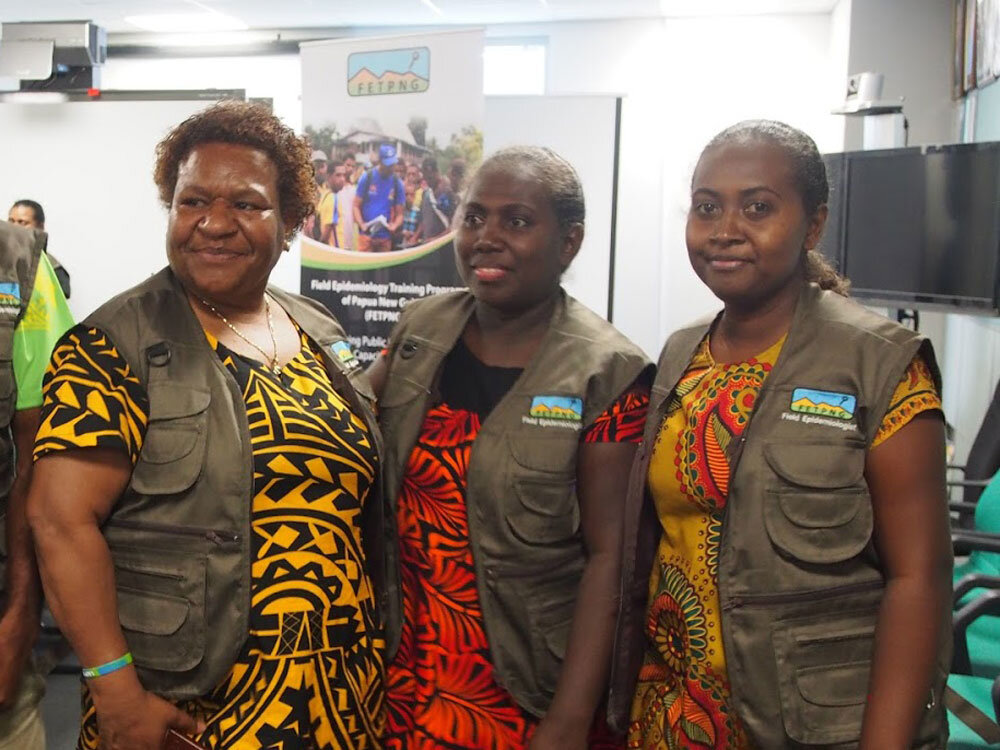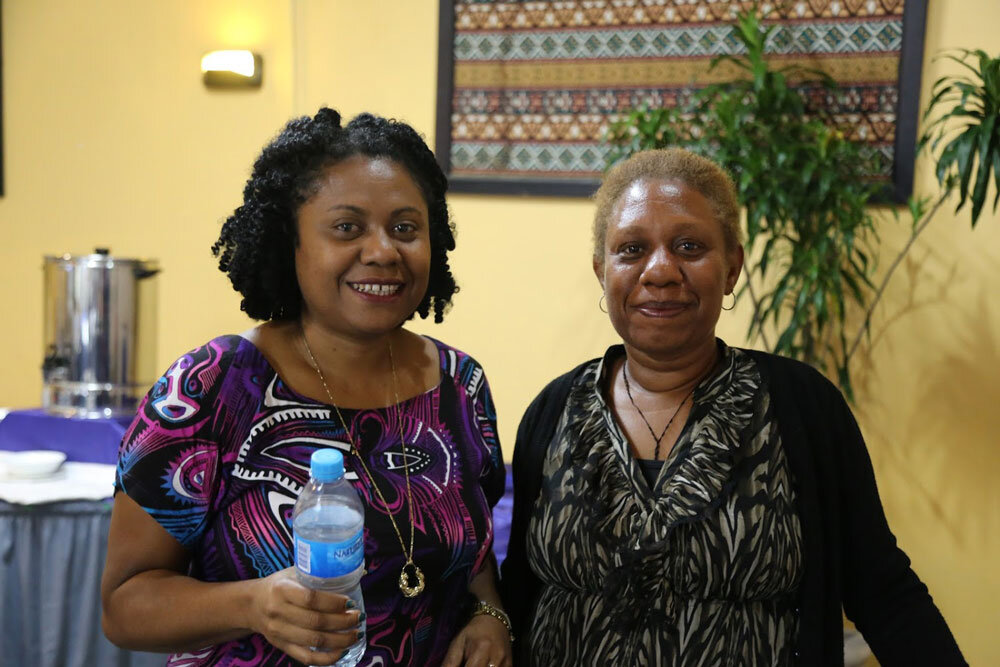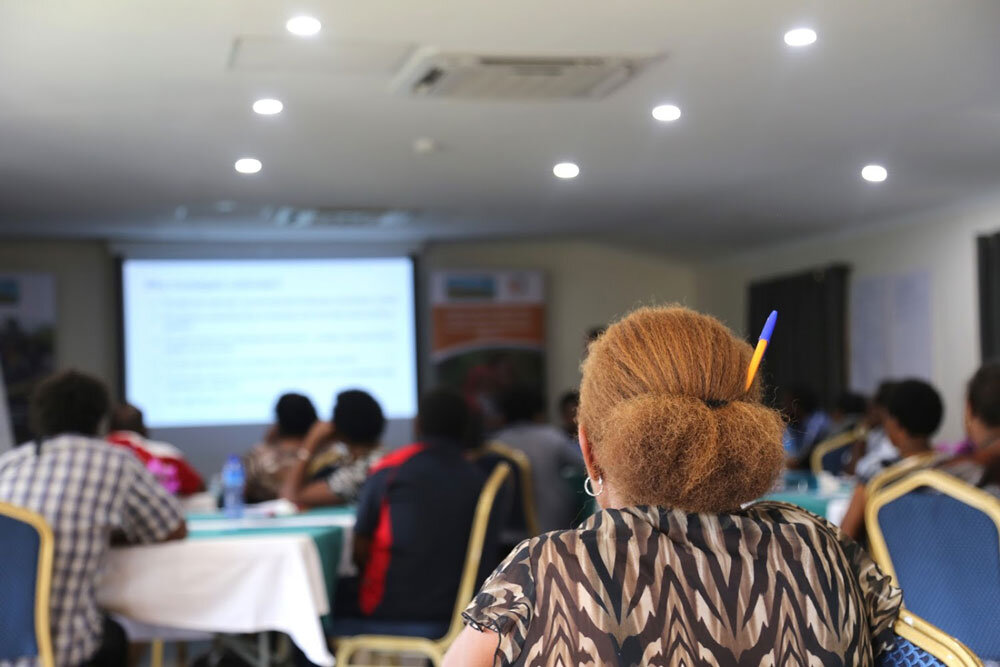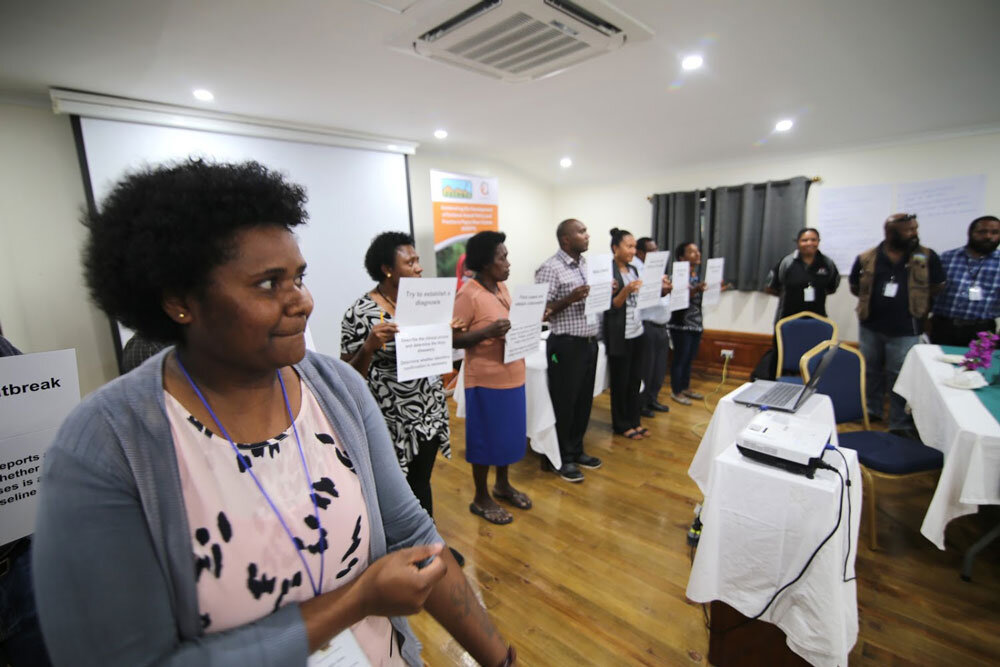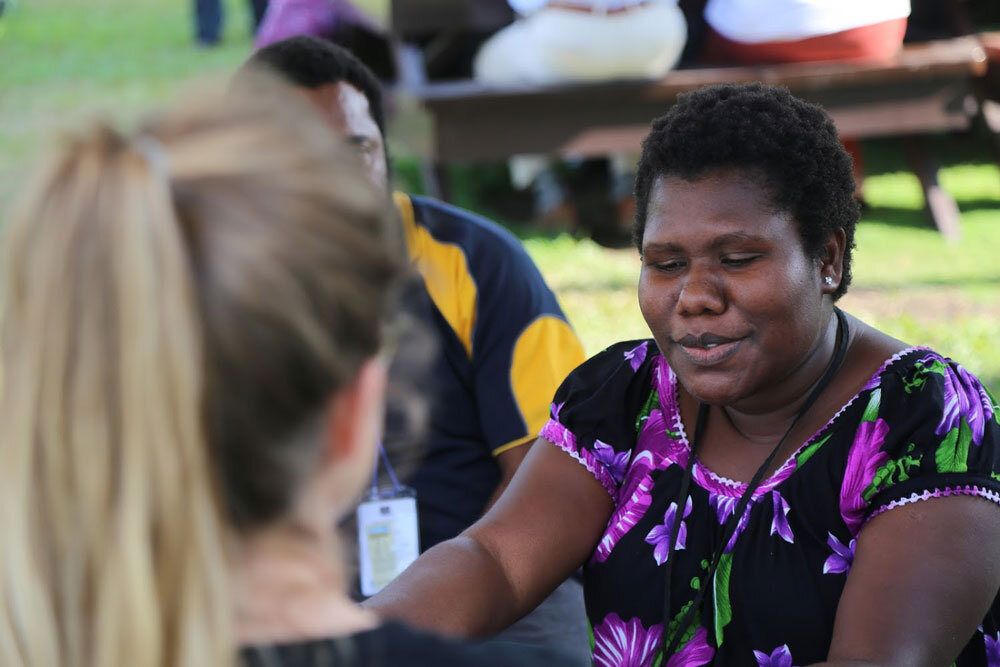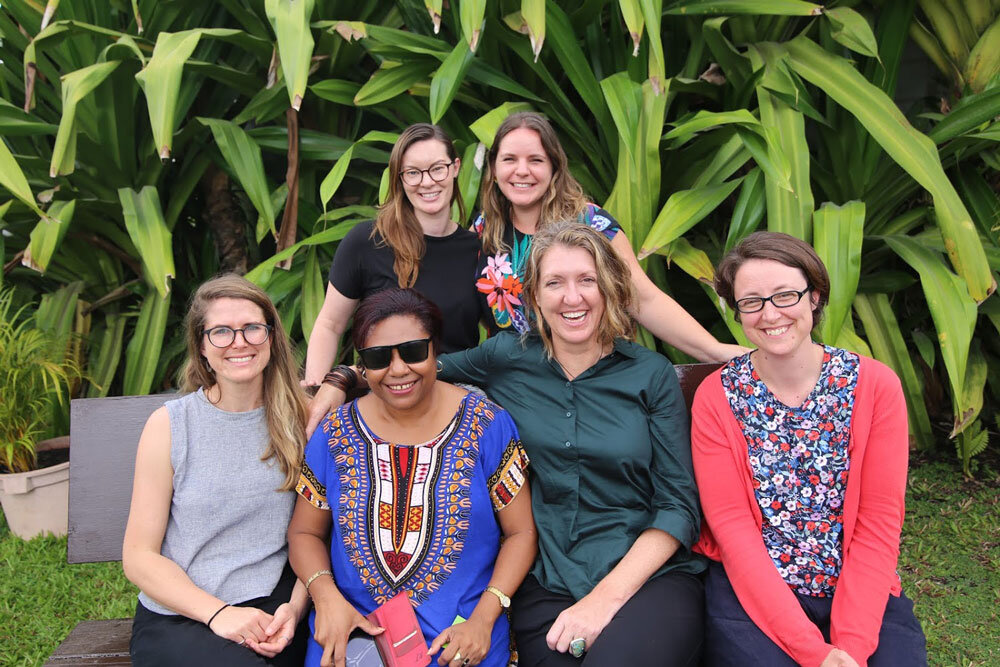Women in Field Epidemiology Training
Globally, there are more than 90 Field Epidemiology Training Programs (FETPs) supporting more than 200 countries and territories that aim to support workforce capacity development across public health surveillance and outbreak response. The Training Programs in Epidemiology and Public Health Interventions Network (TEPHINET) oversees the quality and standards of FETPs, through support and accreditation. In its February 2019 report, The Path Forward: The Global Field Epidemiology Roadmap, TEPHINET articulated an agenda which seeks to “modernise FETPs into the 21st century.” However, there is no consideration of gender within the roadmap, nor are there any published gender analyses reviewing the impact on women of the intensive, residential form of training that characterises FETPs.
FEiA is leading a gender analysis to help develop an understanding of how gender intersects with field epidemiology training globally. While actions will be driven by the findings, the key aim for the process is to provide practical recommendations for TEPHINET to support FETPs to deliver gender sensitive and inclusive programs. Participants will help to advise the direction of a qualitative study, which will engage faculty, fellows and graduates of FETPs from different regions globally to understand the gendered barriers and enablers to engagement. Through Participatory Action Research processes, these findings will be used to develop a framework to enhance gender equity and inclusivity in FETPs. The framework will be piloted to inform the final product/s and recommendations provided to TEPHINET.
To even understand what gender inclusivity and sensitivity means in the context of field epidemiology training, we need inclusive research practices. An Advisory Group comprised of people from the FETP community is helping to guide the research process, both contributing to how data is collected and interpreting its meaning, in order to identify next steps.
Anyone from the field epidemiology community – trainees, graduates, trainers, program staff – is welcome to contribute in the research. If you would like to learn more, or get involved, please contact Rachel Mather.
